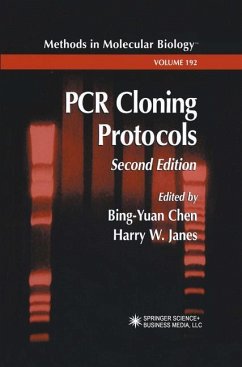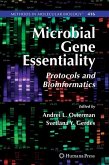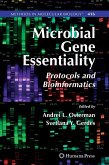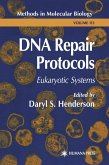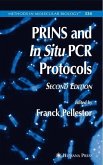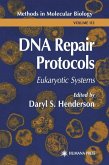In the post-genomic era, PCR has become the method of choice not only for cloning existing genes, but also for generating a wide array of novel genes by mutagenesis and/or recombination within the genes of interest. PCR Cloning Protocols, Second Edition, updates and expands Bruce White's best-selling PCR Cloning Protocols (1997) with the newest procedures for DNA cloning and mutagenesis. Here the researcher will find readily reproducible methods for all the major aspects of PCR use, including PCR optimization, computer programs for PCR primer design and analysis, and novel variations for cloning genes of special characteristics or origin, with emphasis on long-distance PCR and GC-rich template amplification. Also included are both conventional and novel enzyme-free and restriction site-free procedures to clone PCR products into a range of vectors, as well as state-of-the-art protocols to facilitate DNA mutagenesis and recombination and to clone the challenging uncharacterized DNAflanking a known DNA fragment. Powerful applications of PCR in library construction and sublibrary generation and screening are also presented.
Authoritative and up-to-date, PCR Cloning Protocols, Second Edition, constitutes a gold-standard collection of the fastest, simplest, and most popular methods for isolating genes from all biological samples and creating novel genes from them by mutagenesis/recombination-essential methods for today's study of functional genomics, gene expression, protein structure-function relationships, protein engineering, and molecular evolution.
Authoritative and up-to-date, PCR Cloning Protocols, Second Edition, constitutes a gold-standard collection of the fastest, simplest, and most popular methods for isolating genes from all biological samples and creating novel genes from them by mutagenesis/recombination-essential methods for today's study of functional genomics, gene expression, protein structure-function relationships, protein engineering, and molecular evolution.
"This hardcover book is packed full of detailed protocols and methodological articles on various aspects of PCR. The fact that the book was taken out of my hands by a colleague, to read up on touch-down PCR, as soon as I received it for review, attest to the book's usefulness. I will have to chain this book to my bookshelf, to make sure it does not disappear quickly-or I may consider buying a couple for the laboratory." -Plant Science Review of the first edition. This volume provides protocols useful to both the inexperienced and the experienced investigator. Most importantly it highlights the emerging role of PCR as a versatile tool for the molecular biologist eliminating many laborious and expensive techniques associated with traditional gene isolation and analysis.-Biochemical Education

